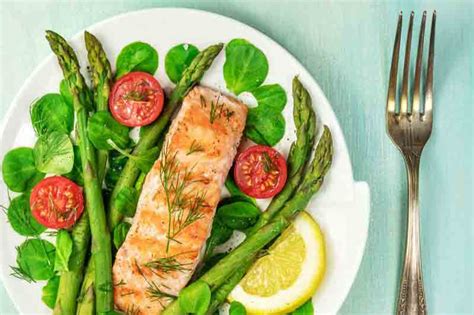Optimize male testosterone: Which foods boost natural production & performance?
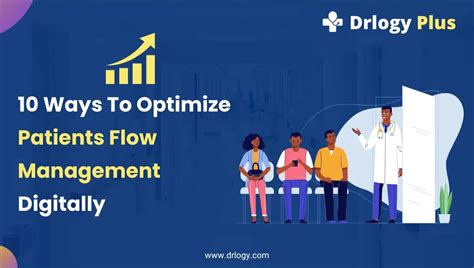
Testosterone, often hailed as the cornerstone of male vitality, plays a crucial role far beyond just muscle mass and sex drive. This powerful hormone influences everything from mood and energy levels to bone density and cognitive function. While synthetic supplements exist, the most sustainable and healthy approach to optimizing testosterone levels lies within nature’s pantry. By understanding which foods can naturally enhance production and performance, men can unlock a path to improved overall health and well-being.
Understanding Testosterone and Its Dietary Link
Testosterone production is a complex process primarily governed by the brain and testes, but it is heavily influenced by lifestyle factors, with diet standing at the forefront. What we eat provides the raw materials—vitamins, minerals, and healthy fats—necessary for the intricate biochemical pathways involved in hormone synthesis. A diet rich in processed foods, unhealthy fats, and sugars can disrupt these pathways, leading to suboptimal testosterone levels, while a balanced, nutrient-dense diet can provide the support needed for healthy hormone function.

Key Nutrients for Testosterone Production
Several micronutrients are indispensable for robust testosterone synthesis. Deficiencies in these can directly impact hormonal balance:
- Vitamin D: Often called the “sunshine vitamin,” Vitamin D acts like a steroid hormone in the body. Research suggests a strong correlation between adequate Vitamin D levels and healthy testosterone.
- Zinc: This essential mineral is critical for numerous bodily functions, including immune health and testosterone production. Zinc deficiency is commonly linked to reduced testosterone.
- Magnesium: Involved in over 300 enzymatic reactions, magnesium plays a vital role in regulating muscle and nerve function, blood sugar levels, blood pressure, and protein synthesis—all indirectly supporting hormone health.
- Healthy Fats: Cholesterol is a precursor to testosterone. While unhealthy fats should be avoided, monounsaturated and polyunsaturated fats are crucial for hormone production and overall endocrine health.
Top Foods to Boost Natural Testosterone
1. Fatty Fish (Salmon, Tuna, Mackerel)
Rich in Omega-3 fatty acids, Vitamin D, and often selenium, fatty fish are testosterone powerhouses. Omega-3s reduce inflammation, which can indirectly support hormone balance, while Vitamin D is directly linked to higher testosterone levels. Aim for two servings per week.
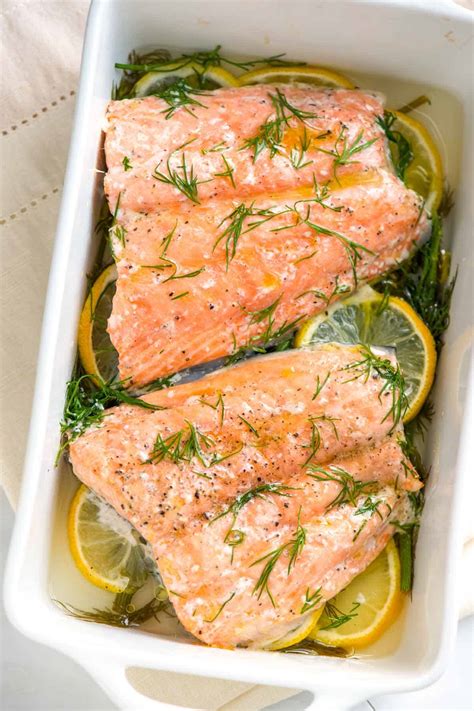
2. Oysters and Other Shellfish
Oysters are legendary for a reason—they are one of the best dietary sources of zinc. As mentioned, zinc is paramount for testosterone synthesis. Other shellfish like crab and lobster also offer significant amounts of this vital mineral.
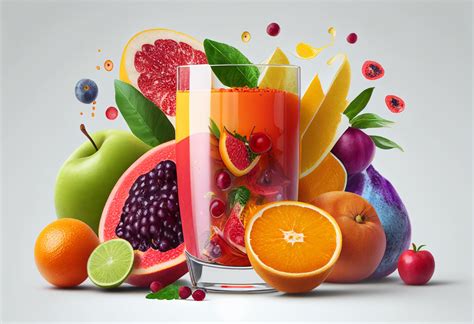
3. Egg Yolks
While often feared for their cholesterol content, egg yolks are nutritional goldmines. They contain healthy cholesterol, which is a building block for testosterone, along with Vitamin D, protein, and selenium. Don’t skip the yolk if you’re aiming for hormonal health.
4. Leafy Green Vegetables (Spinach, Kale, Swiss Chard)
These green giants are loaded with magnesium, a mineral vital for maintaining healthy testosterone levels. Magnesium also helps reduce oxidative stress and inflammation, further supporting overall endocrine function.
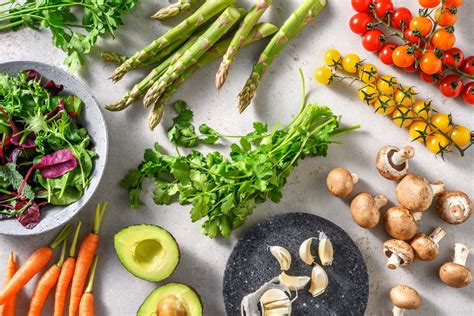
5. Garlic
More than just a flavor enhancer, garlic contains allicin, a compound that may help lower cortisol (the stress hormone). When cortisol levels are high, testosterone can be suppressed. By helping to manage cortisol, garlic indirectly supports testosterone production.
6. Ginger
This pungent root has been used for centuries in traditional medicine. Studies suggest ginger can improve testosterone levels, potentially by enhancing antioxidant activity, reducing oxidative stress, and boosting nitric oxide production, which supports blood flow.
7. Berries and Cherries
Packed with antioxidants, these fruits combat oxidative stress and inflammation, both of which can negatively impact testosterone production. Including a variety of colorful berries and cherries in your diet supports overall cellular health, including that of hormone-producing glands.
8. Avocados
A fantastic source of monounsaturated fats, Vitamin E, and magnesium, avocados contribute to hormonal balance and heart health. The healthy fats are essential for the production of cholesterol, which is then converted into testosterone.
9. Red Meat (Lean Cuts)
Beef, especially lean cuts, provides protein, zinc, and Vitamin D. While beneficial in moderation, excessive consumption of high-fat red meats should be balanced, as some studies link high saturated fat intake to adverse health effects. Prioritize lean sources and consider grass-fed options.
Foods to Limit for Optimal Testosterone
Just as some foods boost testosterone, others can hinder its production. Limiting intake of processed foods, excessive sugars, refined carbohydrates, and unhealthy trans fats is crucial. Alcohol in moderation is fine, but heavy drinking can significantly suppress testosterone.
The Holistic Approach to Hormonal Health
While diet is a powerful tool, it’s part of a larger picture. Adequate sleep, regular exercise (especially strength training), stress management, and maintaining a healthy weight all synergistically contribute to optimal testosterone levels. Integrating these lifestyle factors with a nutrient-rich diet will yield the best results for natural testosterone production and enhanced performance.
